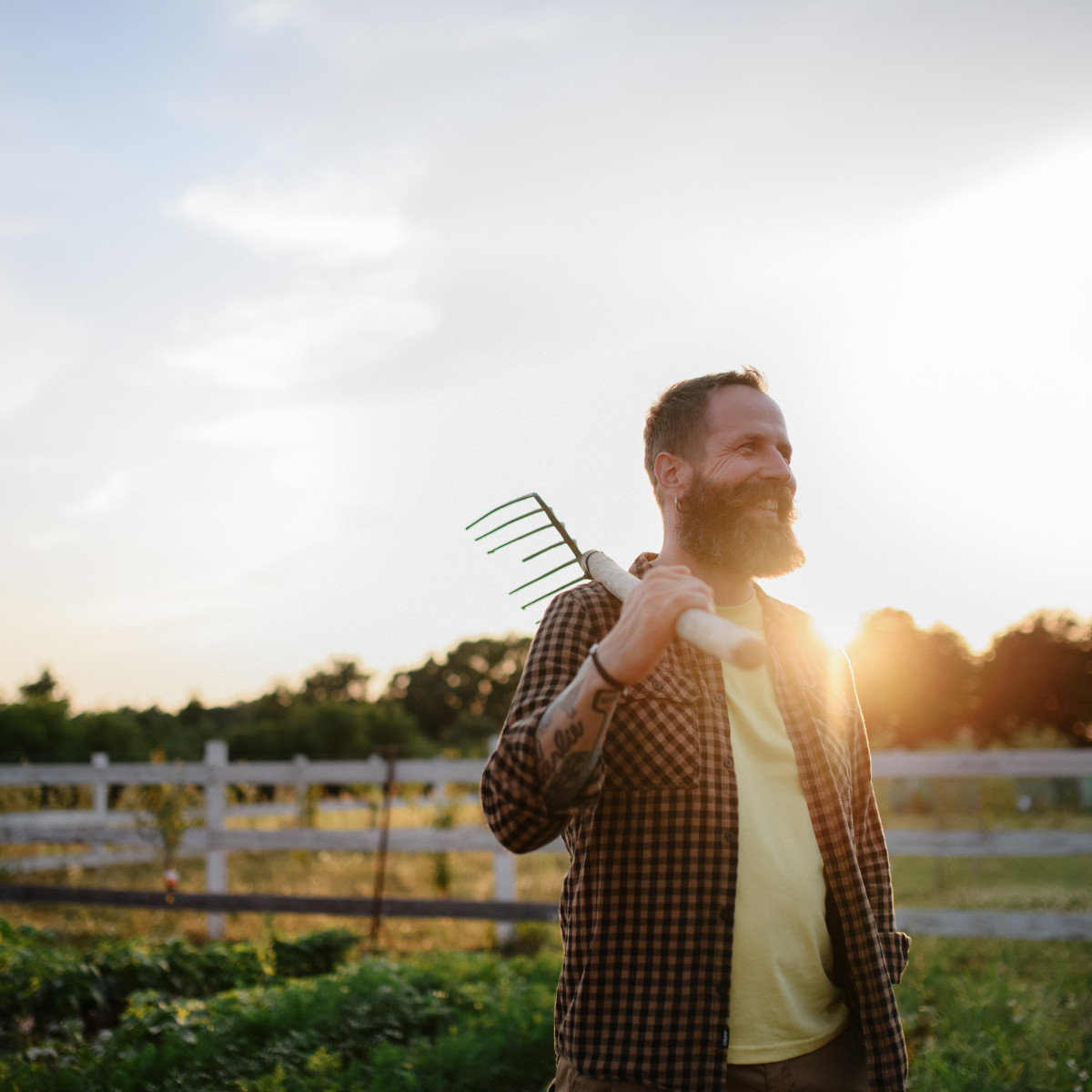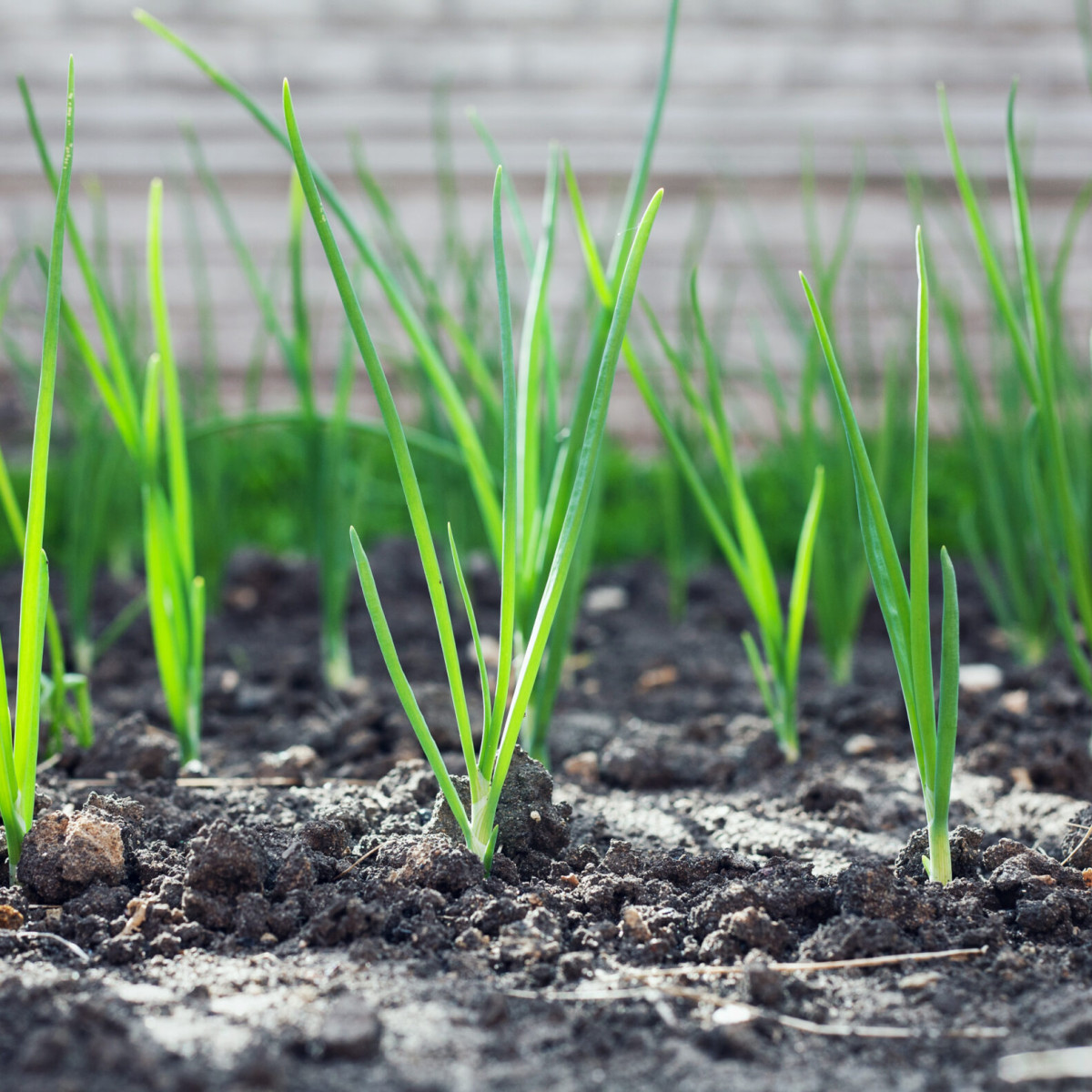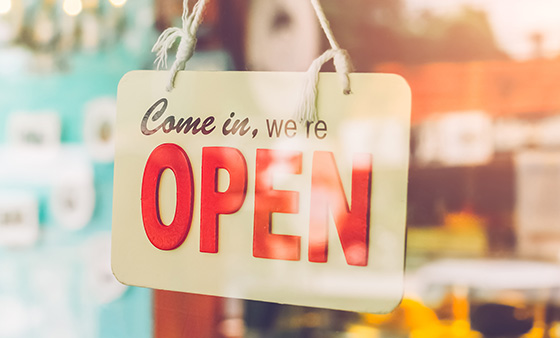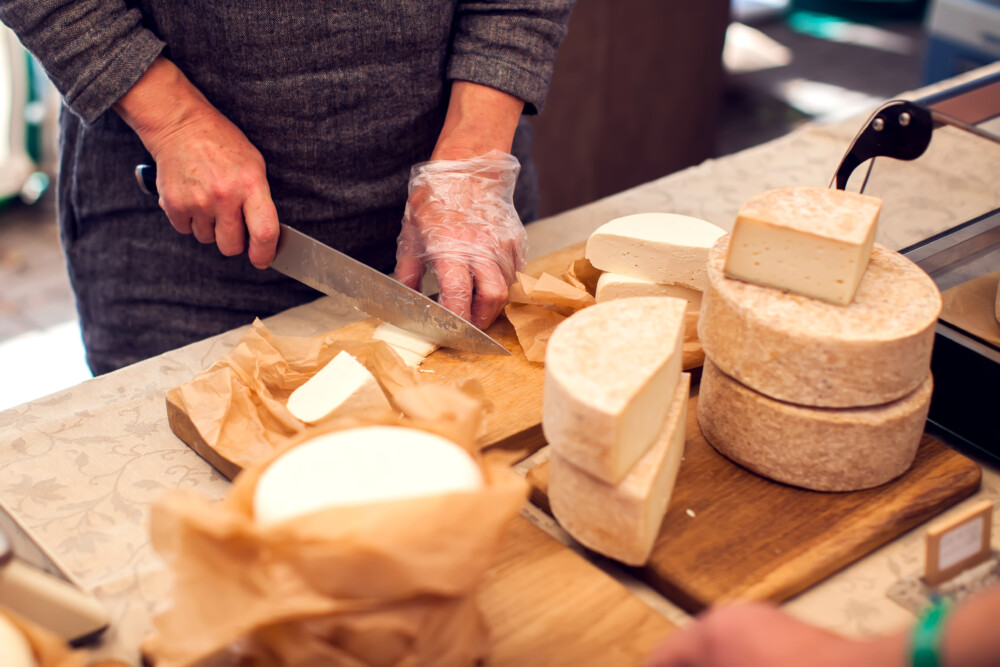The Artisan Cheese and Sensory Fundamentals Certificate has been canceled. However, pursuing continuing education remains crucial for personal and professional growth. To broaden your knowledge in related fields, we recommend considering other exciting programs like the Farmer Training Program, Introduction to Agroecology, or Small Business Management. These courses offer valuable insights and skills that can help you adapt to evolving industry trends and enhance your career prospects.
Consider these upcoming courses:
Farmer Training Program
Held on campus and on the farm, starts May (Apply by April 1).

Introduction to Agroecology
Offered online, starting spring or fall semesters.

Non-Profit Management
Powered by MindEdge, a UVM partner. Online, start anytime.

Small Business Management
Powered by MindEdge, a UVM partner. Online, start anytime.

Personal Enrichment
Powered by MindEdge, a UVM partner. Online, start anytime.


